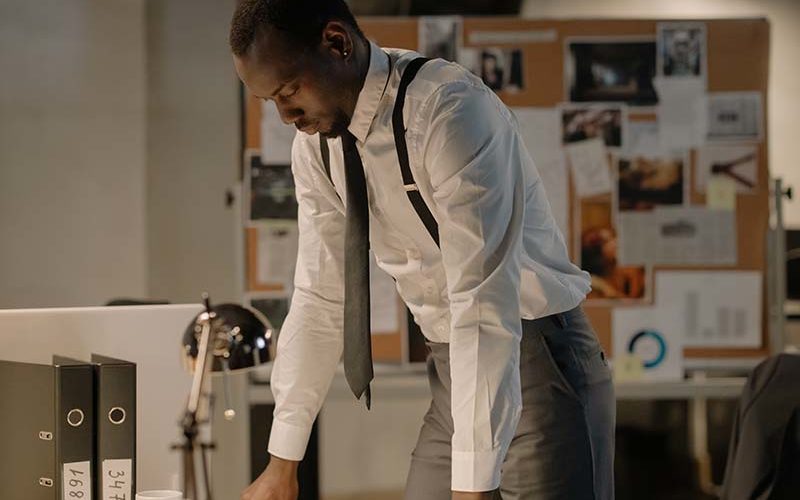Criminal profiling is a scientific technique used to identify the perpetrator of a violent crime by studying his personality and behaviors. Known as criminal investigative assessment by the FBI, its aim is to identify the criminal based on the analysis of the crime scene, behavioral science, and investigative psychology. Although criminal profiling has been practiced for several decades, it is still a relatively new field.
The process
The process of criminal profiling involves certain steps such as the examination of the crime or criminal act and assessing the specifics of the crime scene and the victim to make a comprehensive evaluation of the criminal. What the preliminary police reports say about the crime is also taken into consideration. In addition, evaluation of the autopsy, development of the offender’s profile, and other investigative suggestions. Those who are interested in pursuing a career in this field should get a criminal justice degree online.
Criminal profiling is essential and valuable in the identification of sexual murderers, arsonists, rapists, kidnappers, and other offenders. The profiling program has grown and evolved over the years and involves a team of crime analysts and criminal profilers who work together to assess the crime and profile the criminal. The description of the offender and other personality traits plus behavioral patterns come together to give the criminal profilers an idea about the perpetrator of the crime. His or her age, height, geographic location, race, and other demographic variables are studied to make a profile. The lifestyle characteristics shed light on the personality of an unknown perpetrator and his motives.

Criminal profilers use different techniques such as interrogation and interview and establish the causes for search warrants and present testimony as expert witnesses. It should not be seen as a substitute for expert detective work but as a tool to be used to help solve a criminal case. It is a cross between forensic psychology and law enforcement, but there is always some tension that exists between the two fields to some degree in the profiling. The reason is that FBI is more inclined toward investigative experience as compared to psychologists. However, in recent years, the FBI has begun to work more closely with forensic psychologists to develop criminal profiles.
The popularity and accuracy of criminal profiling have made it more in demand over the years. Today, the FBI is able to solve a much higher percentage of cases because of criminal profiling, and thus it is not being increasingly accepted as an investigative tool that is accepted by both public and police. FBI applies profiling to thousands of cases every year and with remarkable success. Today, the use of profiling has been documented all over the world in countries such as Germany, Canada, Finland, New Zealand, Sweden, Malaysia, Russia, the Netherlands, and more. Surveys of police officers find overwhelming support for offender profiling and its advantage in the field. Investigators use profiling to narrow down the list of suspects and find the real culprit.
Criminal profiling is here to stay and serves a common goal, which is to develop an offender description based on evidence from crime scenes and investigators. find the suspect.




